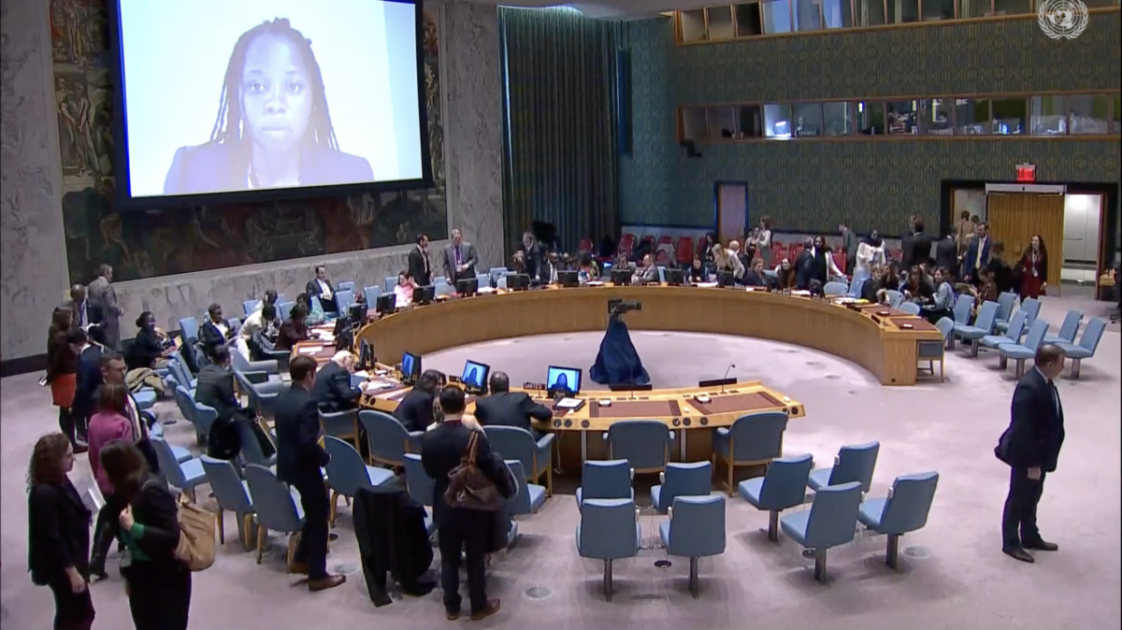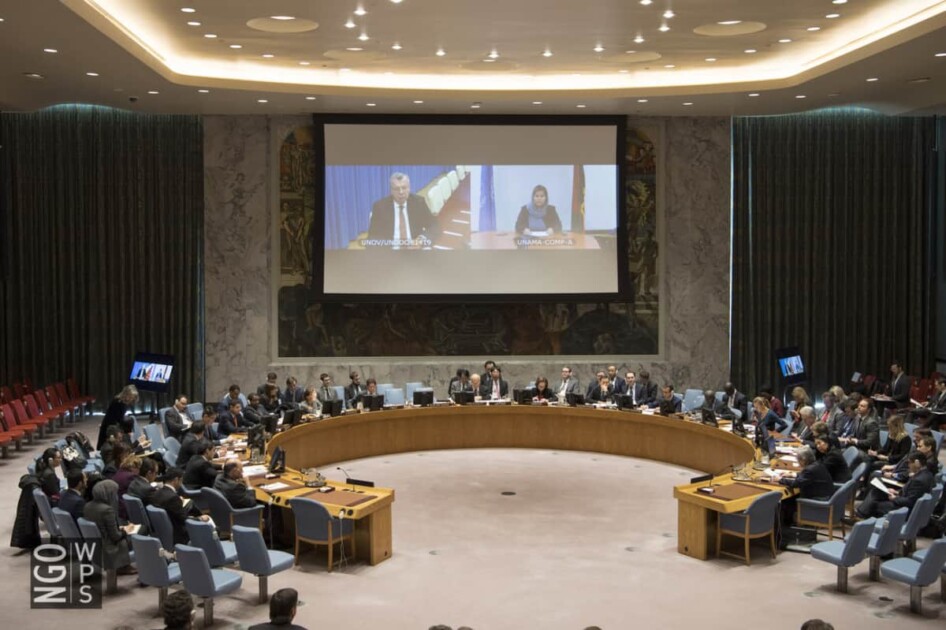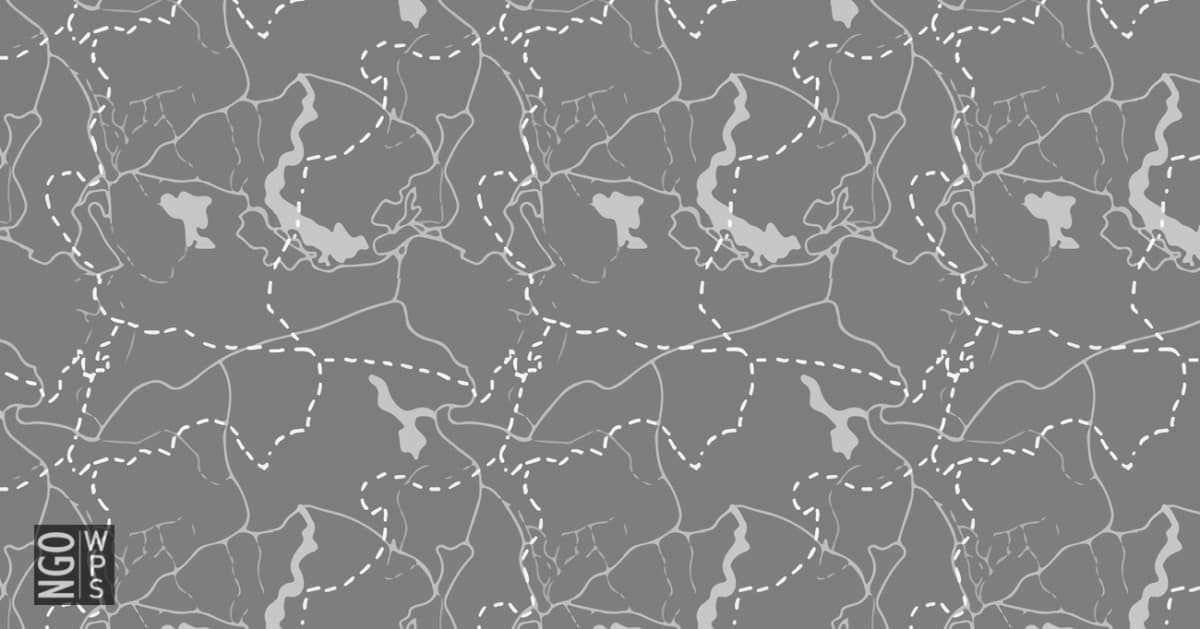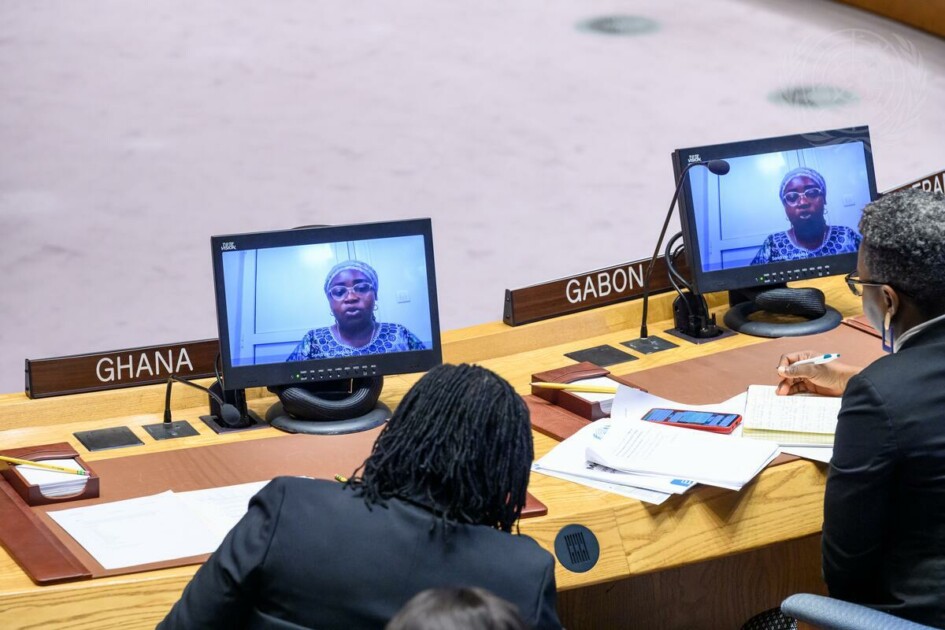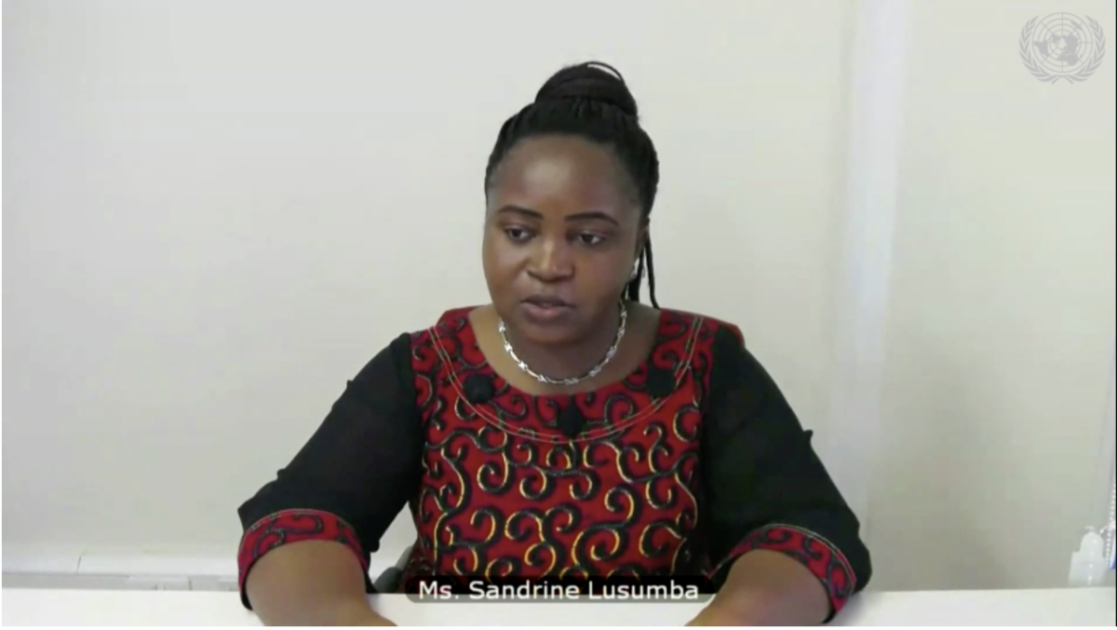Democratic Republic of the Congo
Women in the Democratic Republic of Congo continue to face widespread sexual violence, disease, and displacement in conflict situations arising from clashes between dozens of armed groups. Often, sexual violence and rape are used as terror tactics and weapons of war, and despite the ratification of the Convention on the Elimination of All Forms of Discrimination against Women (CEDAW) and the Women’s Platform for the Peace, Security and Cooperation Framework, women are still largely underrepresented in peacebuilding efforts. Additionally, women activists face rape as a form of torture by government actors who disagree with their political activity. The United Nations Organization Stabilization Mission in the DRC (MONUSCO) aims to provide protection for civilians, including reducing the threat of armed groups perpetrating sexual and gender-based violence, monitoring and reporting on sexual violence and ensuring women’s participation in stabilization and national political dialogue.
Democratic Republic of the Congo
Women in the Democratic Republic of the Congo continue to face widespread sexual violence, disease, and displacement in conflict situations arising from clashes between dozens of armed groups. Often, sexual violence and rape are used as terror tactics and weapons of war, and despite the ratification of the Convention on the Elimination of All Forms of Discrimination against Women (CEDAW), and the Women’s Platform for the Peace, Security and Cooperation Framework, women are still largely underrepresented in peacebuilding efforts.
Additionally, women activists face rape as a form of torture by government actors who disagree with their political activity. The United Nations Organization Stabilization Mission in the DRC (MONUSCO) aims to provide protection for civilians, including reducing the threat of armed groups perpetrating sexual and gender-based violence, monitoring and reporting on sexual violence and ensuring women’s participation in stabilization and national political dialogue.
Current and Past Recommendations to the UN Security Council (Monthly Action Points)
The situation in the Democratic Republic of the Congo (DRC) continues to worsen. More than 25 million people, a quarter of the population, are in need of humanitarian assistance, and a record high of 7.2 million people have been displaced. In eastern DRC — particularly in Ituri and North Kivu — violence and insecurity is increasing, including through attacks on IDP camps, medical facilities and aid workers, preventing humanitarian access where it is most needed. Recent flooding has further compounded the humanitarian crisis, and to date the 2024 Humanitarian Response Plan is only 21% funded, hampering the quality of the response.
Women and children make up the majority of the displaced, and face multiple and overlapping protection risks. In addition to exacerbating displacement and food insecurity, the escalating conflict has also led to record rates of gender-based violence. Limited humanitarian assistance and livelihood opportunities have pushed many women and girls to resort to survival sex, and have also led to increased rates of child marriage, with UN sources estimating that 37% of girls in DRC are forcibly married before age 18. Sexual violence remains rampant, and healthcare services for survivors, including sexual and reproductive health care, GBV referral pathways, safe spaces, and community protection and monitoring mechanisms are severely lacking for IDP communities.
Though the government has partially lifted the “state of siege” that imposed martial law in Ituri and North Kivu provinces, authorities have continued to infringe upon human rights through the detention of journalists, proposed reinstatement of the death penalty, and threats and violence against HRDs and political activists.
Council members should urge the DRC authorities and all armed groups to cease all threats, violence, and reprisals against civilians, including IDPs, WHRDs, and peacebuilders. As the transition and disengagement plans for MONUSCO are implemented, it is imperative that protection of civilians, sustained humanitarian access, increased humanitarian funding including to WLOs, and respect for international human rights and humanitarian law are prioritized. GBV prevention, protection, and the prevention of sexual exploitation and abuse must be adequately funded and mainstreamed in all programs and sectors. Sustained consultation with diverse women leaders, peacebuilders, and human rights defenders is critical for informing policymaking, as well as making progress towards achieving overall benchmarks.
Relevant Resources


